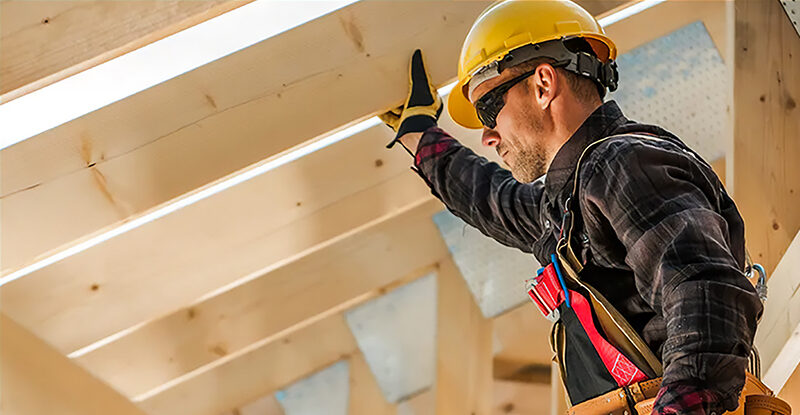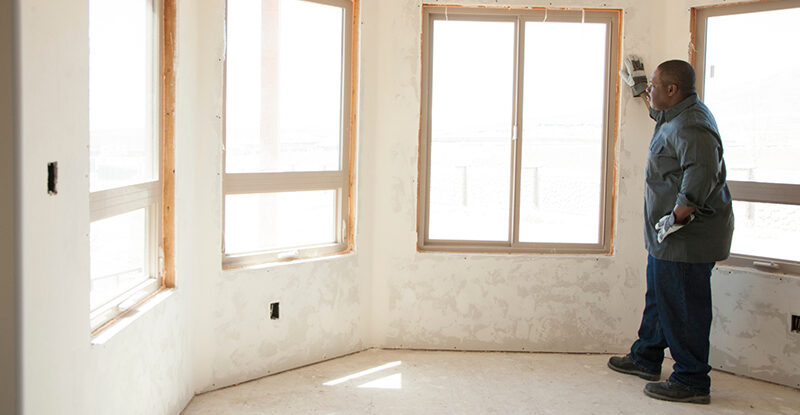How digital building codes can transform municipal operations

Sponsored by MNP
Amid high interest rates, inflation, rapid urbanization, and a nationwide housing crisis, local governments are under pressure to act. However, they are often constrained in their ability to act effectively. Fortunately, they have an opportunity to:
- transform the way their municipality operates
- address building homes faster
- leverage their own toolkit to address affordability pressures
Digital building codes have the potential to reshape municipal governance and urban living. Digital building codes streamline processes from permitting to construction and inspections. Offering more efficient, sustainable solutions, digitizing your building code system can greatly impact efficiency and accessibility. Most importantly, it will get the things we need built, built faster.
Benefits to Digitization
Building codes in small to medium-sized municipalities often exist as PDFs or printed materials. Digitizing building codes turns these antiquated approaches into an online resource. This allows individuals at all steps of the building process to have access to relevant data in an interactive, online page and ensures any updates to the code happen in real time.
There are many benefits from digital building codes. These include enabling building information modeling, digital engineering, and other innovative practices. Simply digitizing the codes is a tremendous first step to allowing for more efficient permitting, processing, and inspections.
Adopting digital building codes requires careful consideration by government authorities. The impacts of adopting digital building codes will be felt in different ways in each municipality. Depending on the size and scope of your projects, the benefits may be seen more acutely in the permitting or inspection stages. Key considerations include:
- efficiency gains
- enhanced interactivity among stakeholders
- improved accuracy
The above considerations all contribute to smoother processes and reduced delays.
Complex, Interrelated Challenges
Many municipalities face challenges in embracing digital transformation due to resource constraints. Initiatives like the B.C. government’s digital building permit pilot demonstrate progress in this direction. B.C.’s tool promises faster permit submissions, simplified processes for builders and developers, and quicker application processing for local governments. This province-wide initiative highlights the potential for revolutionizing construction processes across various jurisdictions.
Municipalities are facing increasingly complex and interrelated challenges. Addressing sustainability can be challenged in the face of ensuring affordability all while community expectations are increasing.
“The way we have always done it” is not enough in today’s municipal environment. Unlocking efficiency through technology can mean that houses and businesses in your community are built faster and less costly.
It may seem disconnected at first glance. Investigating digital building codes means pouring the foundation for innovation, affordability, and a more welcoming place for families to call your community home.
To learn more about digital building codes and available funding, visit https://www.mnp.ca/en/insights/directory/canada-housing-crisis-impact-municipalities-can-do-about-it. MW
✯ Municipal World Executive and Essentials Plus Members: You might also be interested in the Jon Linton’s article: The digital city.
Bill Reid, MBA, CMC, CE, is provincial leader (BC) – public sector with MNP, specialized in results-oriented governance, planning, and management.
Related resource materials:



